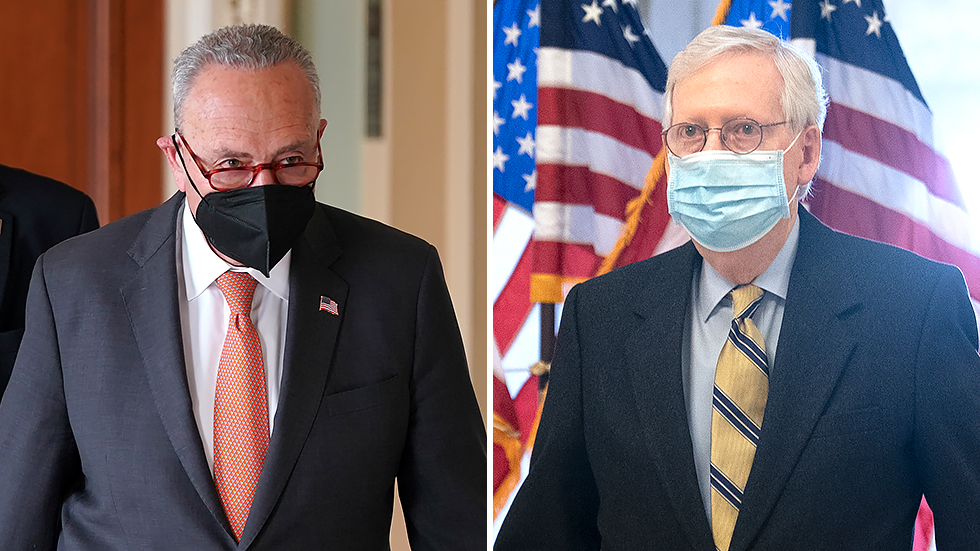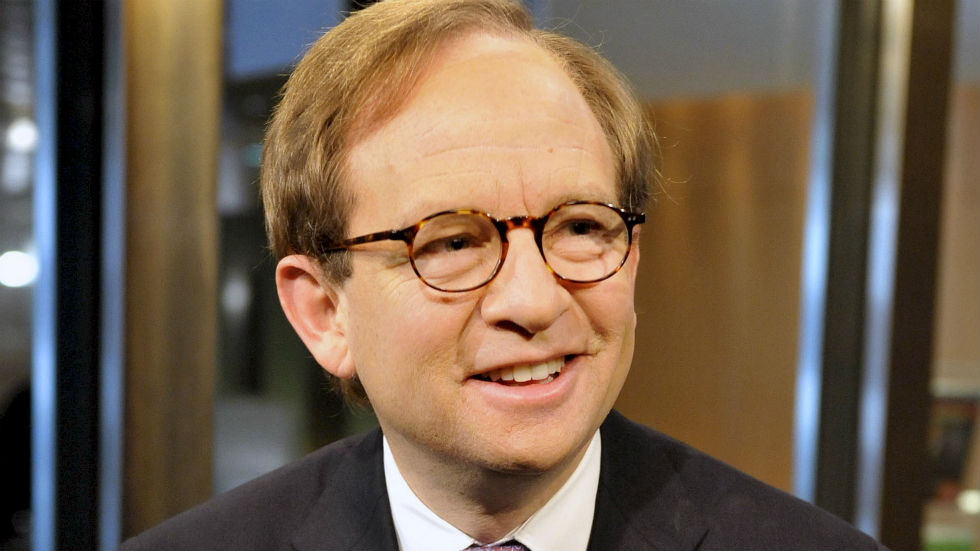On The Money — Congress averts government shutdown

Happy Thursday and welcome to On The Money, your nightly guide to everything affecting your bills, bank account and bottom line. Subscribe here: digital-release.thehill.com/newsletter-signup.
Today’s Big Deal: The Senate just passed a bill to avert a government shutdown ahead of a Friday night deadline, sending the legislation to President Biden’s desk for a signature. We’ll also look at the Biden administration’s focus on inflation and the most recent jobless claims data. But first, Uber now lets you see how many one and five-star ratings you get.
For The Hill, we’re Sylvan Lane, Aris Folley and Karl Evers-Hillstrom. Reach us at slane@digital-release.thehill.com or @SylvanLane, afolley@digital-release.thehill.com or @ArisFolley and kevers@digital-release.thehill.com or @KarlMEvers.
Let’s get to it.
Congress passes 3-week stopgap funding bill

The Senate on Thursday passed a bill to avert a government shutdown ahead of a Friday night deadline, sending the legislation to President Biden’s desk for a signature.
Senators voted 65-27 on the bill, which funds the government through March 11 at current levels. The bill now goes to Biden, who is expected to sign it, after passing the House last week.
- The bill, known as a continuing resolution (CR), buys lawmakers roughly three more weeks to try to work out a mammoth deal that would fund the government through the end of September.
- The Senate’s passage of the funding bill comes after a days-long drama as senators tried to get a deal that would clear a path for the legislation. Because of the Senate’s rules, and the looming deadline, they needed buy-in from all 100 members to speed up the bill to meet the deadline.
- Senators spent days haggling over what amendments would get votes. In the end they agreed on three: Two related to Biden’s vaccine mandates and a third from Sen. Mike Braun (R-Ind.) on balancing the budget.
Despite ultimately agreeing on what amendments would be included, the Senate was stuck in limbo for hours on Thursday because of a basic problem: Math.
The chamber started the day with two GOP senators absent, Sen. Richard Burr (N.C.) and Lindsey Graham (S.C.), along with three Democratic senators: Sens. Ben Ray Lujan (Calif.), Dianne Feinstein (Calif.) and Mark Kelly (Ariz.).
The Hill’s Jordain Carney has more here.
BE IN THE KNOW
Sign up for NotedDC: your insider’s pass to the beat of the Beltway. The Hill’s latest newsletter is as fast-paced, provocative, and incisive as DC itself.
INFLATION WATCH
Manchin: White House acknowledges inflation is major concern
Sen. Joe Manchin (D-W.Va.), emerging from a meeting with White House chief of staff Ron Klain, said Thursday that the president’s top advisers now acknowledge inflation is a major concern that needs to be addressed.
“The White House has made that very clear. They made it very clear that inflation and costs is a burden on a lot of people,” he told reporters.
A second Democratic senator who requested anonymity to discuss the details of the private meeting said inflation was “a major topic.”
- Up until recent months, President Biden has cast inflation as a temporary problem, but Democratic senators on Thursday said that Biden is focusing on tackling rising costs ahead of his March 1 State of the Union address.
- The White House has sought to unclog supply chains and encourage competition in the private sector in an effort to fight inflation, which is currently the top concern for voters.
- Consumer prices increased by 7.5 percent from January 2021 to January 2022, the fastest rate in roughly 40 years.
Manchin and other Democrats said there was also no discussion at Thursday’s meeting about reviving President Biden’s Build Back Better package. The sweeping climate and social spending bill foundered at the end of last year after Manchin said he couldn’t support it, in large part because of his concerns about inflation and the mounting federal debt.
Read more from Alexander Bolton here.
JOBLESSS CLAIMS
Weekly jobless claims rise by 23,000
New applications for jobless aid rose by 23,000 last week, ending a weeks-long trend of declines, according to figures released by the Labor Department on Thursday.
For the week ending Feb. 12, seasonally adjusted initial claims reached 248,000, the data shows. The four-week moving average was 243,250 last week, 10,500 less than the revised average from the previous week.
- The uptick in claims comes after the nation recently saw a three-week decline in applications for jobless aid.
- Jobless claims lowered in November to levels seen prior to the start of the pandemic, the omicron variant surge caused an about face.
Data released by the Census Bureau in January found that millions of people missed work at the start of the year because they, or a person they cared for, came down with the illness.
SUPPLY CHAIN SCRUTINY
DOJ to investigate companies that exploit supply chain disruptions
The Justice Department on Thursday launched an initiative to identify and prosecute companies that exploit supply chain disruptions to overcharge consumers and collude with competitors.
The effort comes as pandemic-driven supply chain congestion continues to drive up the cost of transporting and producing goods. The Biden administration has scrutinized oil producers, ocean carriers, meat processing companies and other industries for raising prices amid surging inflation.
- The Justice Department is specifically looking into illegal agreements between companies to fix prices or wages, rig bids or allocate markets.
- It announced a global working group to investigate supply chain collusion that will share intelligence with Australian, Canadian, British and New Zealand authorities.
The Biden administration is ramping up its rhetoric that powerful companies are using supply chain issues and inflation as a shield to jack up prices. Business groups have pushed back, arguing that rising costs are primarily a function of supply and demand.
Karl has more on the announcement here.
Good to Know

Steven Rattner, who served as counselor to the Treasury secretary in the Obama administration, criticized President Biden for blaming inflation on supply chain congestion.
In a New York Times op-ed, Rattner said that Biden’s reasoning is “simplistic and misleading” and instead blamed soaring inflation on a massive rise in consumer spending on goods and a shortage of workers.
Here’s what else we have our eye on:
- Democratic lawmakers are pressing the Internal Revenue Service to address a backlog of tax returns and improve customer service as the U.S. makes its way through filing season.
- The Dow Jones Industrial Average dropped more than 600 points on Thursday as investors fear a Russian invasion of Ukraine.
- The FBI is forming a new team to focus on challenges posed by the criminal misuse of cryptocurrencies and digital assets.
That’s it for today. Thanks for reading and check out The Hill’s Finance page for the latest news and coverage. We’ll see you tomorrow.
Copyright 2023 Nexstar Media Inc. All rights reserved. This material may not be published, broadcast, rewritten, or redistributed.

